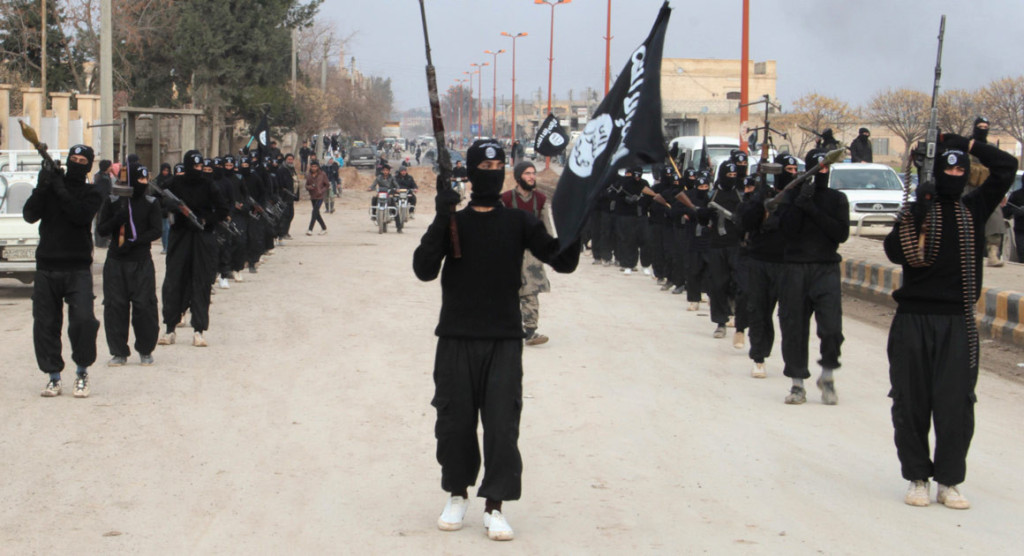As ISIS expands and Iran gains strength, other countries in the region are feeling the heat and taking measures to counter the ominous threat.
Arab Sunni leaders convened in Doha, Qatar, on Tuesday for a one-day annual Persian Gulf Cooperation Council (GCC,) summit, during which their primary focus was the imminent threat posed by the Islamic State (IS or ISIS) terror group’s expansion throughout the Middle East as well as the Iranian Shi’ite regime.
Fearing both dangers, the six-state GCC (Saudi Arabia, the United Arab Emirates, Bahrain, Qatar, Kuwait and Oman) has decided to establish a unified military command, based in Riyadh, Saudi Arabia, and a regional police force, modeled after Interpol, which Al Jazerra describes as a UAE-based law enforcement agency for sharing intelligence and dealing with organized crime. AP reports that they have also agreed to establish a joint naval force, based out of Bahrain
Muslim Against Muslim
The Muslim Sunni Gulf states have long been at war with the Muslim Shi’ite Iran, waging battle at various corners of the Middle East, in most cases through the use of proxies. For instance, Iran backs the Shi’ite Hezbollah terror group in Lebanon and Syria, whereas the Sunnis back the al-Nusra Front fighting there.
ISIS poses a threat to all the Gulf monarchies, who are viewed by ISIS as illegitimate and heretical regimes.
Qatari Foreign Minster Khalid bin Mohammed Al-Attiyah said the police force would improve cooperation against terrorism. “It will be an Interpol-like force but inside GCC countries,” he told AP at a news conference.
Al Jazeera quoted Abdul Aziz Aluwaisheg, assistant secretary-general of the GCC, as saying that the summit focused on boosting security cooperation and adopting a multi-layered strategy in “the fight against terrorism.”
“The military command will allow the GCC to deal better with outside threats, especially from Iran, while the GCC-POL was formed to share information to combat terrorist organizations,” Anwar Ishqi, a former lieutenant in the Saudi army and the director of the Middle East Centre for Strategic and Legal Studies in Jeddah, told Al Jazeera.
Of the six GCC nations, Saudi Arabia, the UAE and Bahrain have taken part in airstrikes against ISIS terrorists in Iraq and Syria. Qatar and Kuwait are hosting bases for Western countries active in the U.S.-led coalition.
A Threat Not Only to the Middle East
Saudi King Abdullah had already warned in September that the West will be the next target of the radical Islamists sweeping through Syria and Iraq, unless there is “rapid” action.
“If we ignore them, I am sure they will reach Europe in a month and America in another month,” he said. “Terrorism knows no border and its danger could affect several countries outside the Middle East.
By: United with Israel Staff
Sign the Petition to Stop a Nuclear Iran
The US Congress must ensure that sanctions against Iran remain in force until the nuclear threat is completely eliminated.
I strongly oppose easing sanctions before the nuclear threat from Iran has been eliminated. Allowing Iran to enrich uranium without being subject to 'anytime, anywhere' inspections is extremely dangerous and unacceptable. Iran's nuclear program must be stopped.
